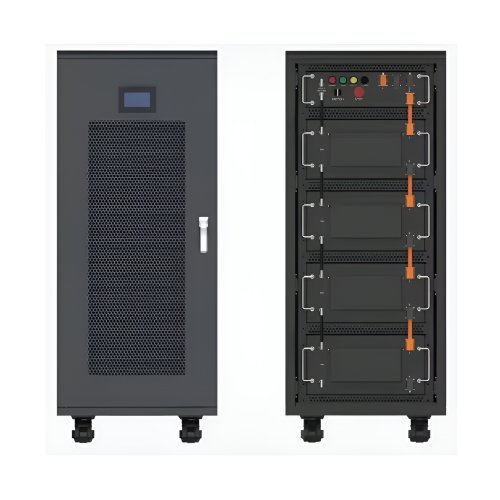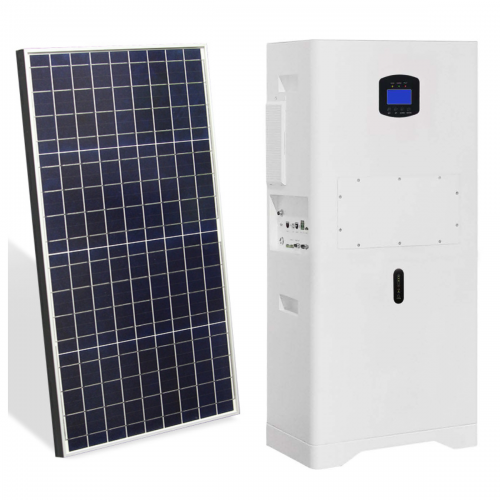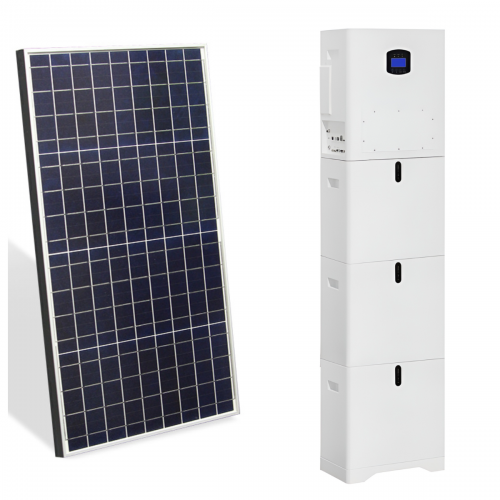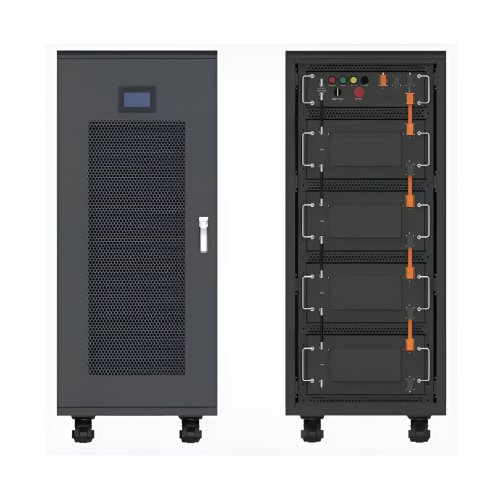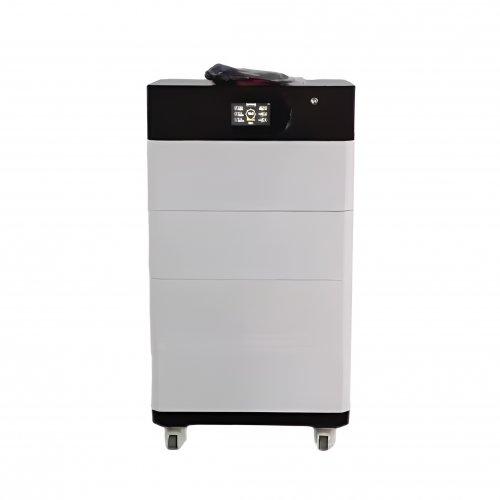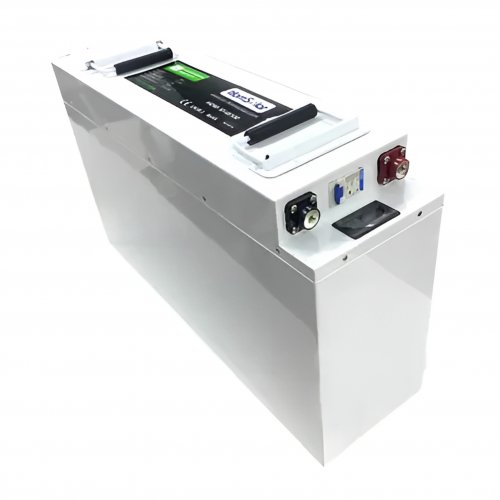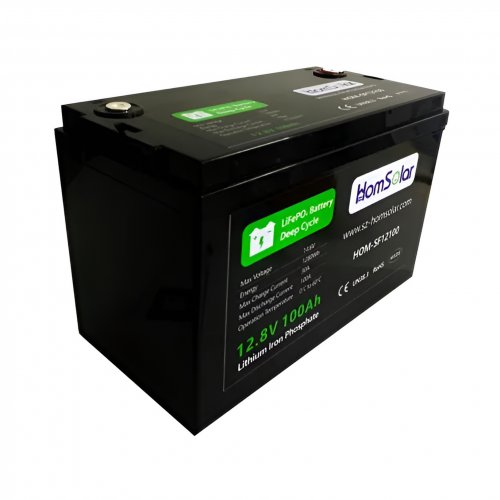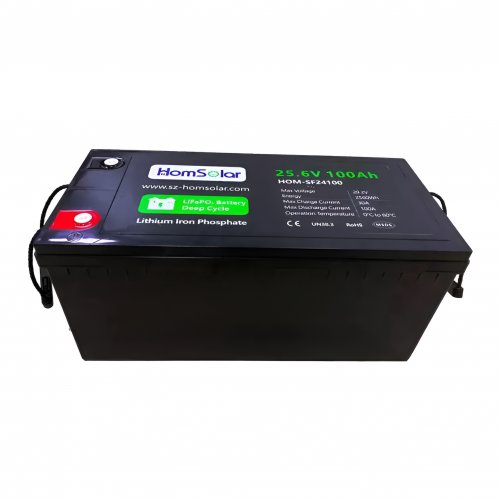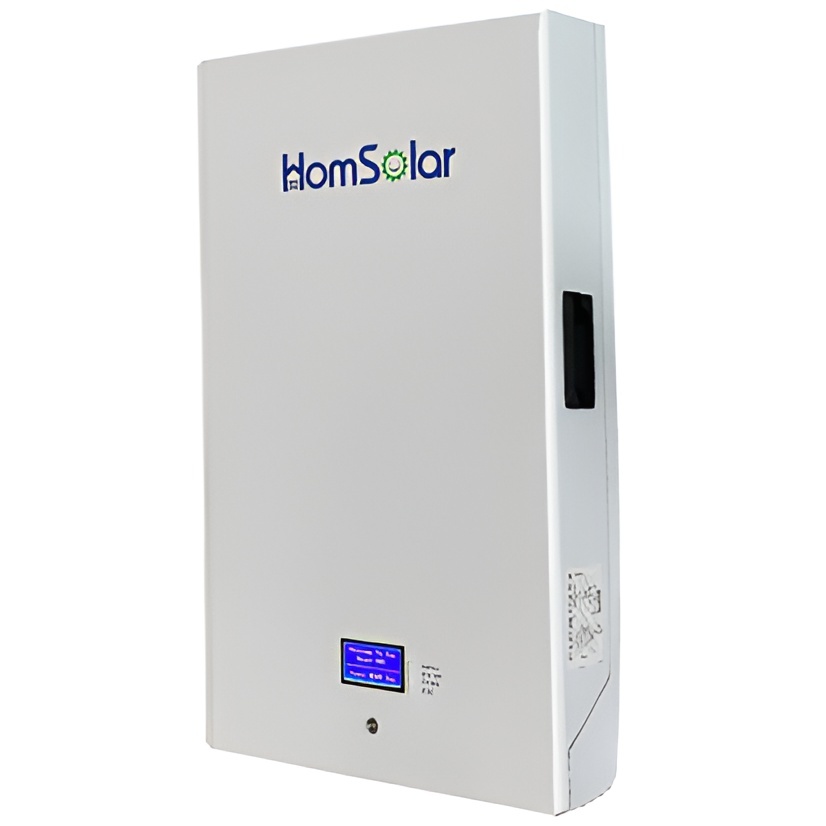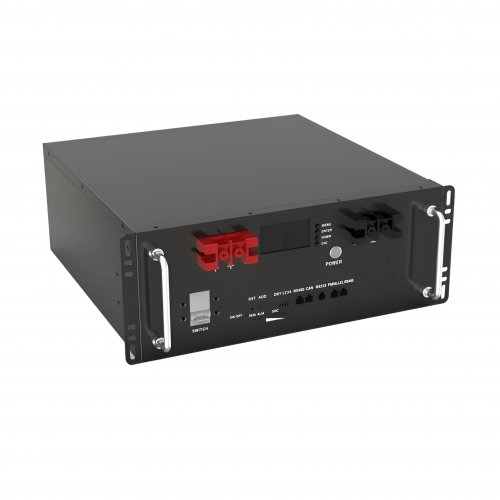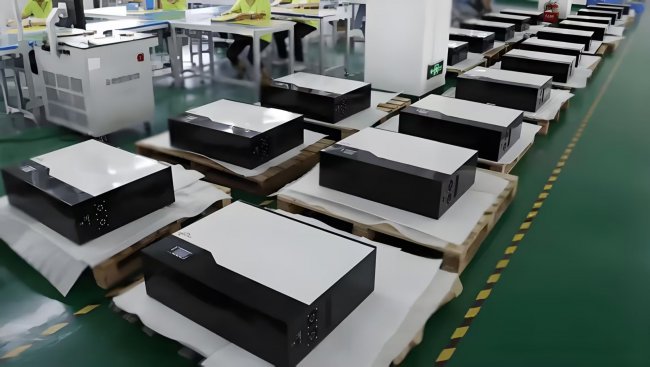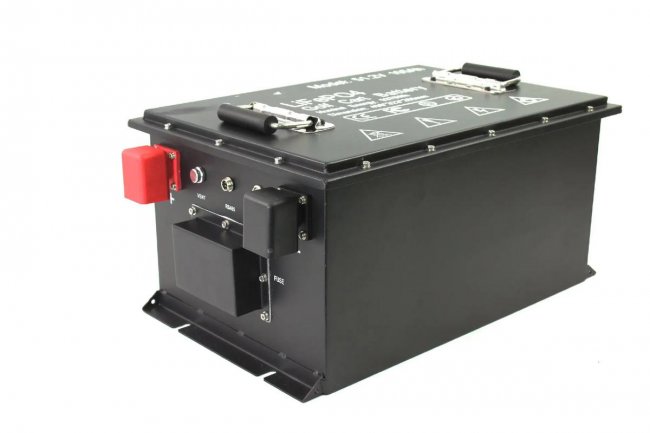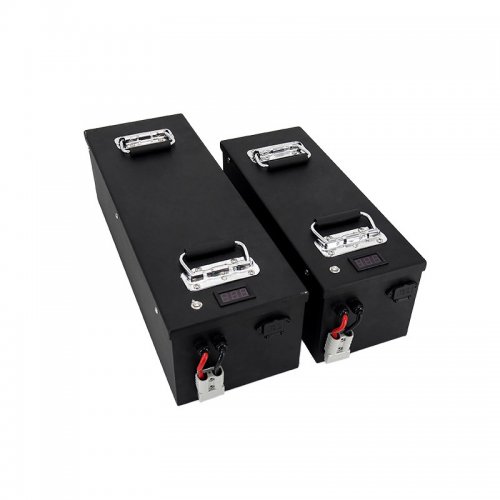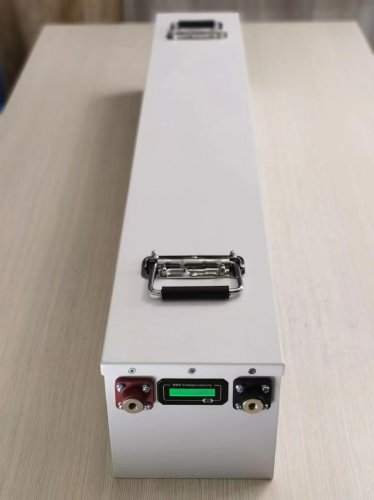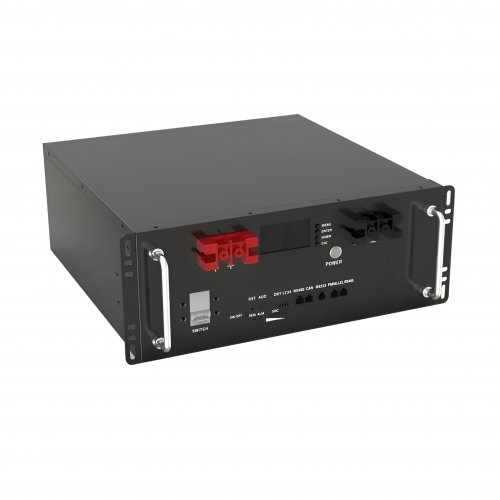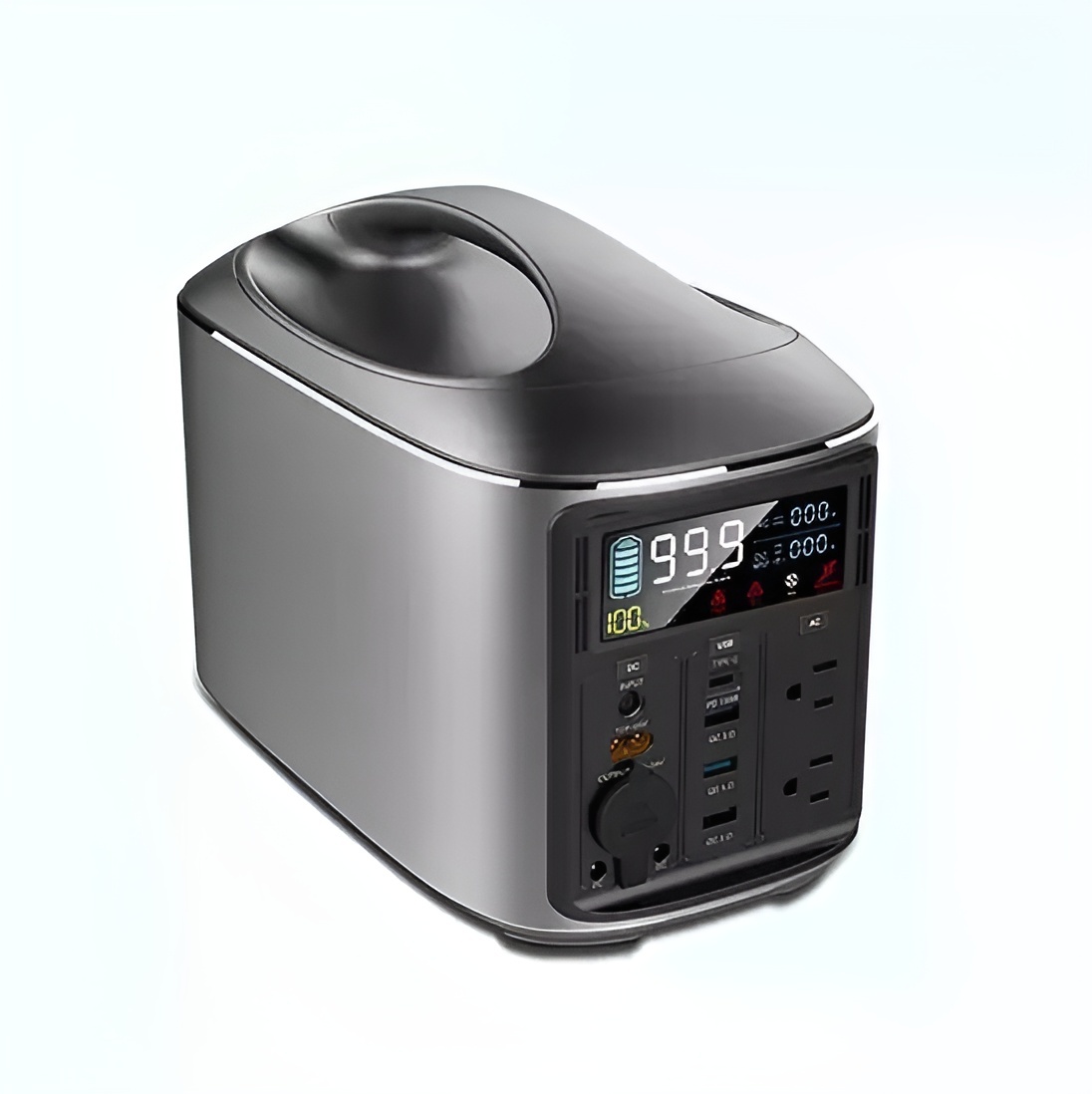Lifepo4 Battery Review: Unpacking The Longevity, Safety, And Real-world Performance
The quest for reliable, safe, and long-lasting energy storage is a cornerstone of modern off-grid living, marine applications, solar setups, and recreational vehicle travel. Among the various technologies vying for dominance, Lithium Iron Phosphate (LiFePO4) chemistry has emerged as a formidable frontrunner. This review delves into the core aspects of LiFePO4 batteries, moving beyond marketing claims to provide a clear-eyed analysis of their functionality, advantages, drawbacks, and real-world performance.
Product Functionality: The Core Technology
At its heart, a LiFePO4 battery is a type of lithium-ion battery that uses lithium iron phosphate as the cathode material. This specific chemistry is the primary differentiator from the more common lithium-ion batteries that use lithium cobalt oxide (found in laptops and phones). The fundamental function remains the same: to store electrical energy and release it on demand. However, the LiFePO4 variant is engineered for deep-cycle applications. This means it is designed to be regularly discharged down to a significant portion of its capacity (often 80-100% Depth of Discharge) and then recharged, a process that would quickly degrade other battery types. They are typically available in standard voltages (12V, 24V, 48V) and a wide range of capacities (from 50Ah to over 300Ah), making them direct replacements for traditional lead-acid batteries in many systems, albeit with a necessary compatible lithium-specific charger.
The Advantages: Why LiFePO4 Stands Out
The benefits of this technology are substantial and form the basis of its growing popularity.
1. Exceptional Cycle Life: This is arguably the most significant advantage. A quality LiFePO4 battery can endure between 3,000 to 5,000 full charge-discharge cycles while still retaining 80% of its original capacity. Some premium models even exceed this. In practical terms, this translates to a lifespan of 10 years or more, far outstripping the 500-1000 cycles of a typical lead-acid battery.
2. Enhanced Safety Profile: Safety is a paramount concern with any energy storage system. LiFePO4 chemistry is inherently more stable than other lithium-ion formulations. It is far more resistant to thermal runaway, a chain reaction that can lead to overheating and fire. The phosphate cathode is not combustible, making these batteries a much safer choice, especially in sensitive environments like a family home or boat.
3. High Efficiency and Performance: These batteries boast excellent charge and discharge efficiency, often exceeding 95%. This means less energy is lost as heat during charging, allowing them to recharge much faster than lead-acid batteries. Furthermore, they maintain a consistent voltage output throughout most of the discharge cycle (a flat voltage curve), providing stable power to appliances until the battery is nearly depleted. Unlike lead-acid batteries, they can also deliver their full rated power even when only partially charged.
4. Lightweight and Maintenance-Free: LiFePO4 batteries are significantly lighter than their lead-acid counterparts with equivalent capacity, a critical factor for RVs and marine use. They also require zero maintenance. There is no need to check water levels, clean terminals from corrosion, or ensure equalization charges.
The Disadvantages: Considerations Before You Buy
Despite their impressive specs, LiFePO4 batteries are not a perfect solution for every scenario.
1. Higher Initial Cost: The most immediate barrier is the upfront cost. A LiFePO4 battery can be two to three times more expensive than a comparable lead-acid battery. However, this must be evaluated against its vastly longer lifespan and greater usable capacity, which often results in a lower total cost of ownership over time.
2. Battery Management System (BMS) Dependency: The health and safety of a LiFePO4 battery are managed by an internal BMS. This electronic board protects the battery from overcharging, over-discharging, short circuits, and extreme temperatures. While crucial, the BMS represents a potential single point of failure. A faulty BMS can render the entire battery inoperable.
3. Sensitivity to Cold Temperatures: LiFePO4 batteries cannot be charged at temperatures below freezing (0°C / 32°F). Doing so can cause permanent damage to the cells. While they can discharge in colder weather (though with reduced capacity), this charging limitation requires careful planning for users in cold climates. Some higher-end models include internal low-temperature charging protection or even self-heating functions to mitigate this issue.
Actual Use Experience
In real-world application, the benefits of a LiFePO4 battery become vividly clear. Users transitioning from lead-acid batteries report a transformative experience. The peace of mind that comes with being able to use the vast majority of the battery's rated capacity without fear of damage is liberating. For a solar power user, this means more usable energy from the same nominal capacity. For an RVer, it means running appliances longer without the anxiety of quickly damaging the battery bank.
The rapid recharge rate is another frequently praised feature. A bank that would take a full day to recharge via solar or generator with lead-acid might top up in a few hours with LiFePO4. The consistent voltage ensures that devices like inverters and refrigerators run more efficiently and without the dimming lights or sluggish performance often seen as a lead-acid battery discharges.
The primary adjustments involve adapting to the BMS protections. A user might find their system suddenly shuts off if the battery is fully depleted, a protective measure by the BMS. Furthermore, those in four-season climates must install their batteries in a temperature-controlled space or invest in models with heating elements to avoid winter charging problems.
Conclusion
The LiFePO4 battery represents a significant evolutionary step in energy storage technology. Its unparalleled cycle life, superior safety, and high performance make it an outstanding investment for serious users who require reliable deep-cycle power. While the initial investment is considerable and cold-weather charging requires attention, the long-term benefits in usability, reduced maintenance, and total cost of ownership are compelling. For anyone building or upgrading an off-grid, marine, or RV system, the LiFePO4 battery is not just an option; it is, for most, the objectively superior solution worthy of serious consideration.
Customized/OEM/ODM Service
HomSolar Supports Lifepo4 battery pack customization/OEM/ODM service, welcome to contact us and tell us your needs.


HomSolar: Your One-stop LiFePO4 Battery Pack & ESS Solution Manufacturer
Our line of LiFePO4 (LFP) batteries offer a solution to demanding applications that require a lighter weight, longer life, and higher capacity battery. Features include advanced battery management systems (BMS), Bluetooth® communication and active intelligent monitoring.

Customised Lithium Iron Phosphate Battery Casing
ABS plastic housing, aluminium housing, stainless steel housing and iron housing are available, and can also be designed and customised according to your needs.

HomSolar Smart BMS
Intelligent Battery Management System for HomSolar Energy Storage System. Bluetooth, temperature sensor, LCD display, CAN interface, UART interface also available.


Terminals & Plugs Can Be Customized
A wide range of terminals and plugs can be customised to suit the application needs of your battery products.

Well-designed Solutions for Energy Storage Systems
We will design the perfect energy storage system solution according to your needs, so that you can easily solve the specific industry applications of battery products.



About Our Battery Cells
Our energy storage system products use brand new grade A LiFePO4 cells with a battery lifespan of more than 4,000 charge/discharge cycles.



Applications in Different Industries
We supply customized & OEM battery pack, assemble cells with wiring, fuse and plastic cover, all the cell wires connected to PCB plug or built BMS.
Applications: E-bike, Electric Scooter, Golf Carts, RV, Electric Wheelchair, Electric Tools, Robot Cleaner, Robot Sweeper, Solar Energy Storage System, Emergency Light, Solar Power Light, Medical Equipment, UPS Backup Power Supply.
We can provide you with customized services. We have the ability to provide a vertical supply chain, from single cells to pack/module and to a complete power solution with BMS, etc.


HomSolar (Shenzhen) Technology Co., Ltd







